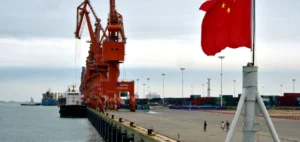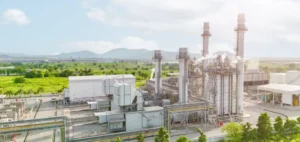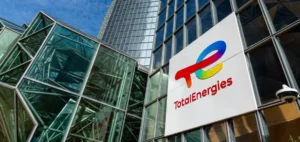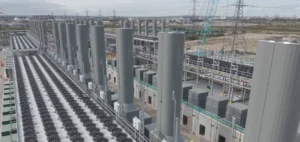Spanish energy group Naturgy posted a record net profit of €1.15bn ($1.24bn) for the first half, exceeding last year’s figure for the same period by 10%. This performance is attributed to the rise in electricity prices and intensified use of its gas-fired power plants after the major blackout that affected the entire Iberian Peninsula at the end of April.
Rising prices and supply security
Naturgy, Spain’s leading gas supplier, has benefited from ongoing volatility in energy markets and increased demand for its combined cycle facilities. Since the blackout hit mainland Spain and Portugal, the group has seen its thermal power stations become central to regional grid stability. As the integration of renewable energies progresses in the Iberian market, the role of gas-fired power plants remains crucial, according to the company.
First-half profit significantly exceeded analysts’ expectations, which stood at €902mn. Earnings before interest, taxes, depreciation and amortisation (Ebitda) reached €2.85bn ($3.07bn), unchanged from last year. This operational strength has enabled the company to confirm a target net profit of €2bn ($2.15bn) for 2025, above current market consensus.
Capital strengthening and ambitions for 2025
In the second quarter, Naturgy launched a voluntary public offer for 10% of its share capital, aiming to increase the free float and enhance its appeal to institutional investors. This share buyback is accompanied by strict debt management, with liabilities amounting to €14.7bn ($15.84bn), including the impact of the spring transaction.
The company, known as Gas Natural Fenosa until 2018, operates the Medgaz pipeline connecting Spain to Algerian gas fields jointly with Algerian group Sonatrach. These infrastructures have reinforced Naturgy’s position in the regional market, especially in the current context of tension over European gas supply.
Market rumours and outlook
Since talks failed in 2024 with Abu Dhabi National Energy Company (Taqa), which was considering acquiring 41% of Naturgy via a public offer, the sector has faced ongoing rumours regarding possible future capital operations. The management, headed by Francisco Reynés, has not issued any official information on new strategic moves so far.
“These power stations have in recent months become a fundamental element in maintaining balance in the energy system and supporting the gradual penetration of renewables,” the group said in its statement.






















